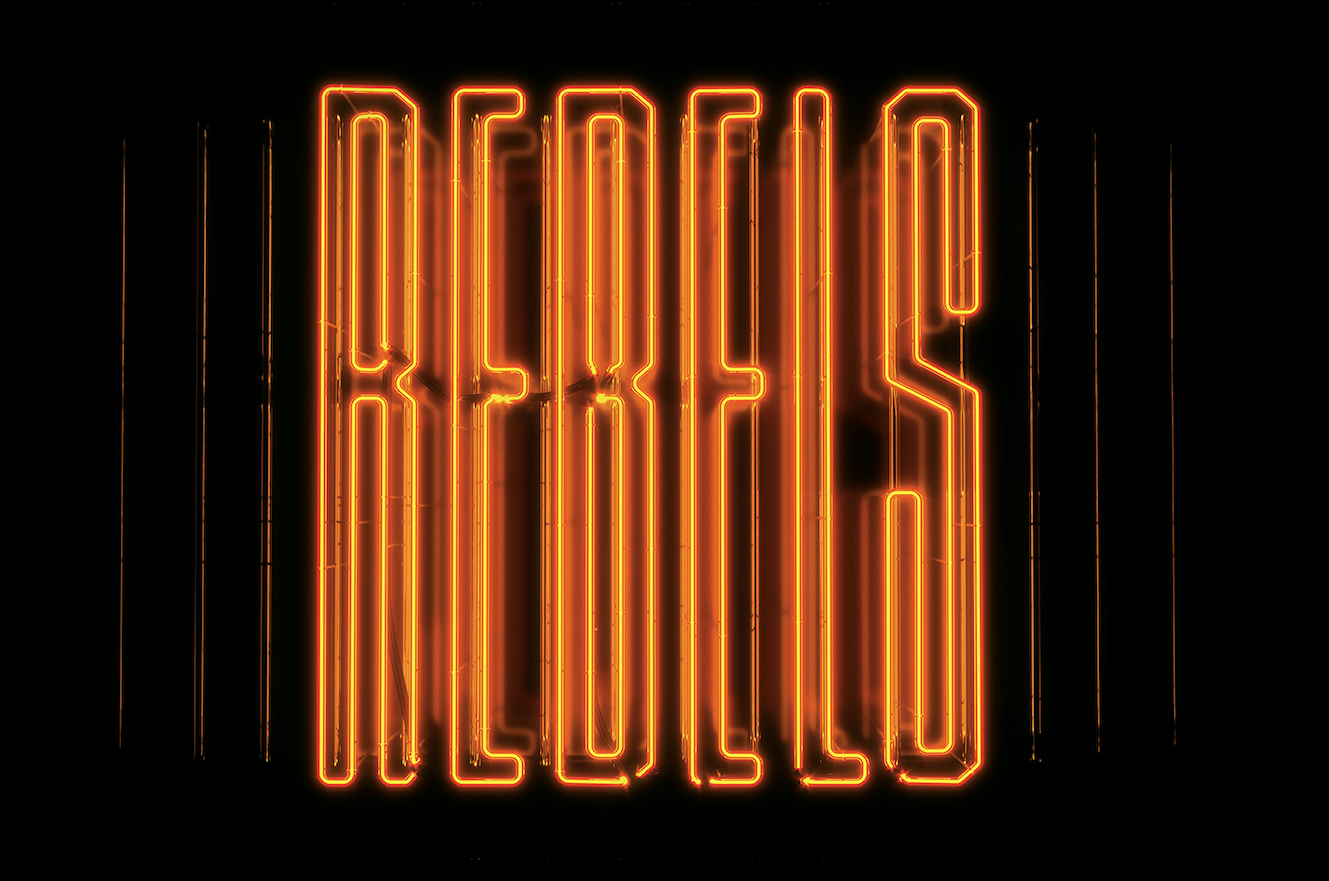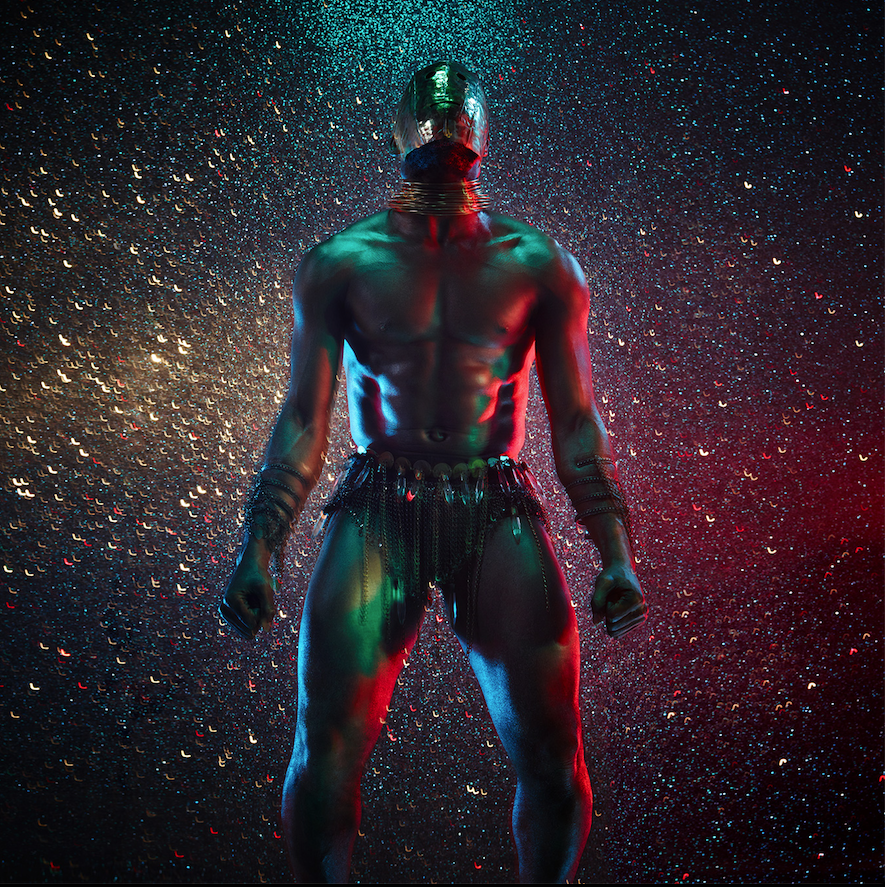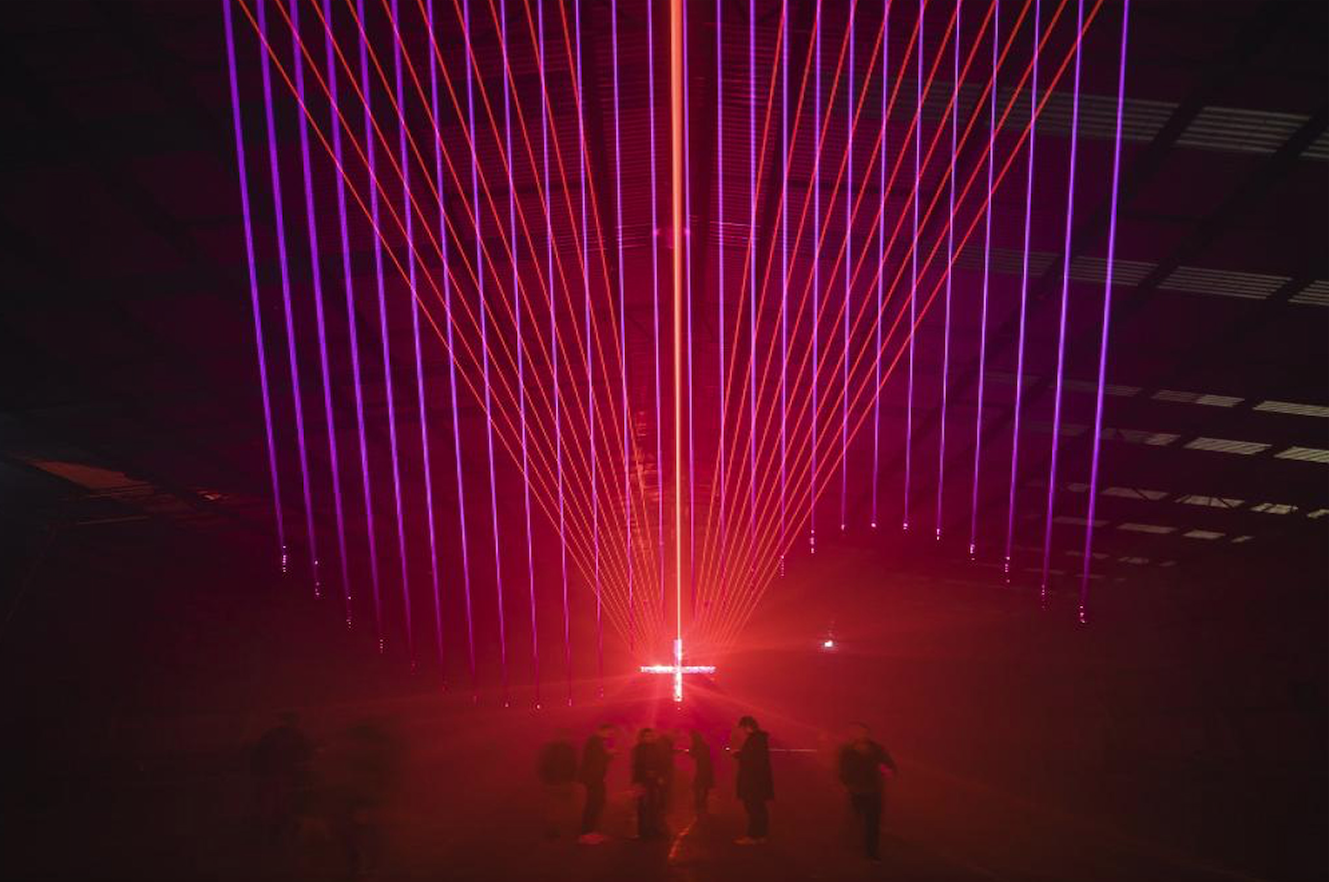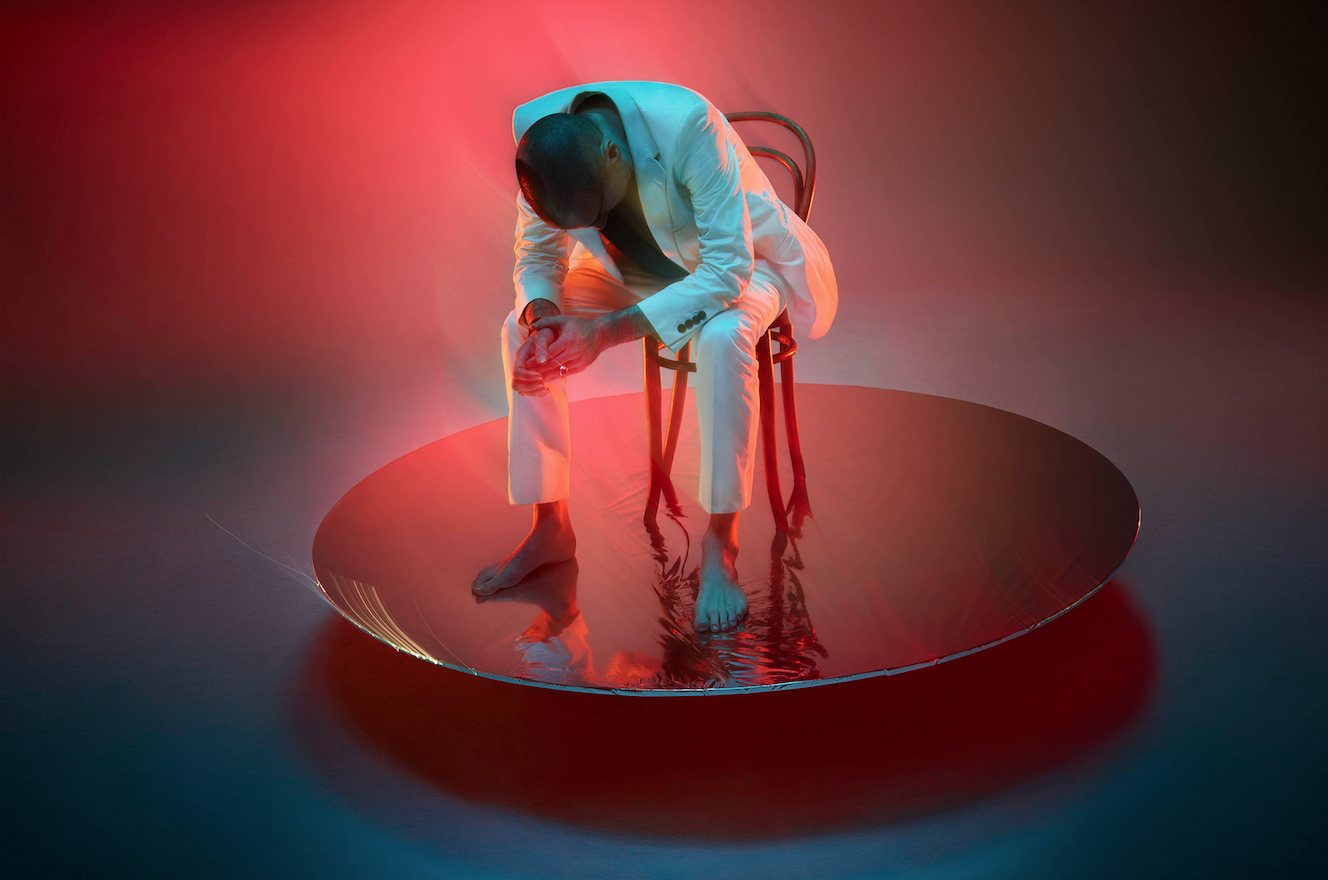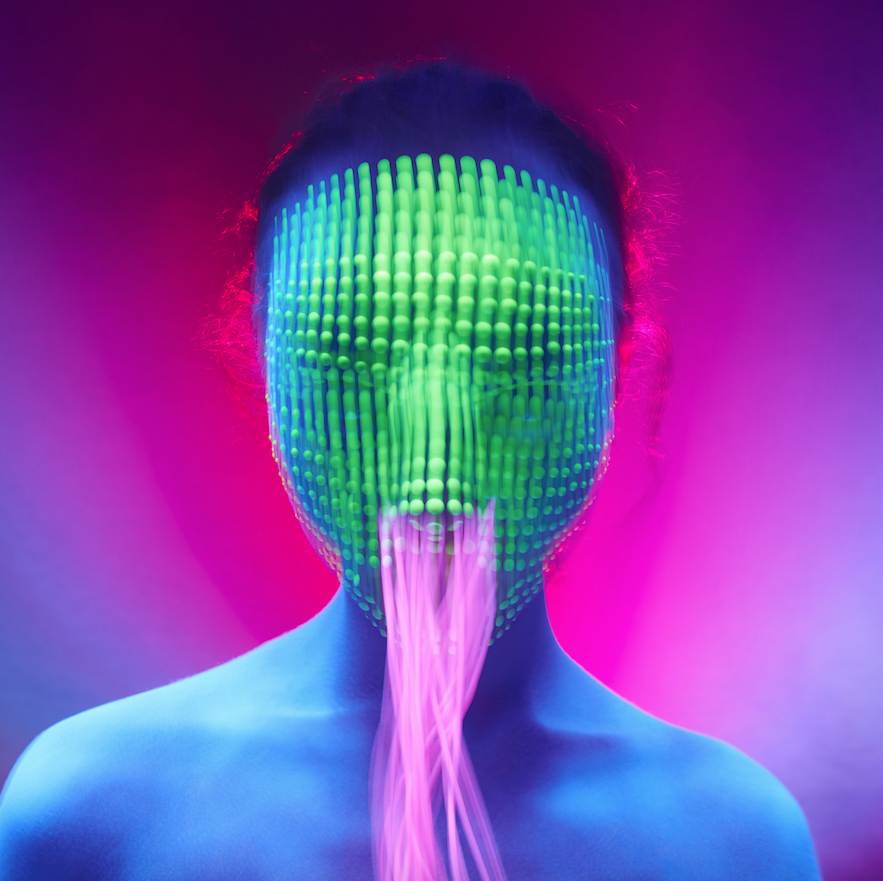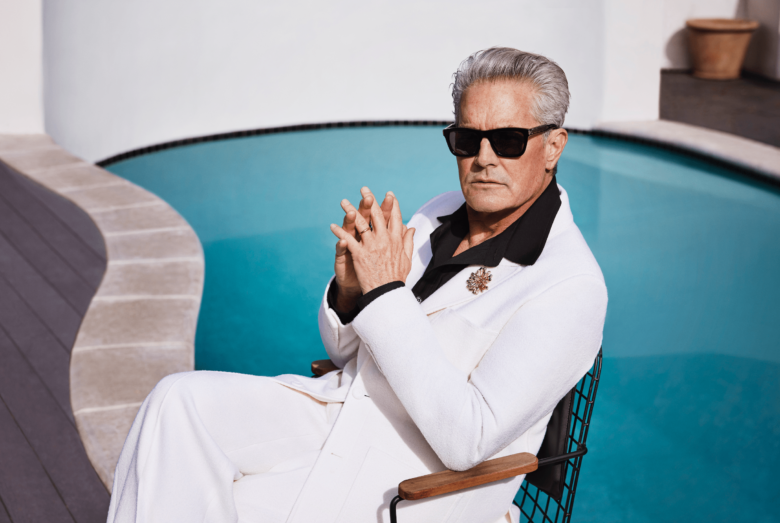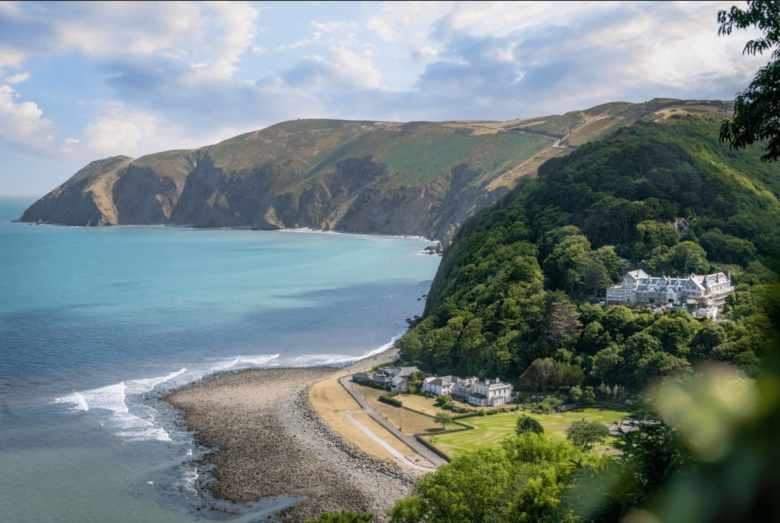David Bowie collaborator Tom Hingston on the unifying power of music
With collaborators including Nick Knight, Neneh Cherry and Joe Goddard of Hot Chip, the ‘club’ is used as a framework through which Hingston could tell the story of the rebellious and formidable Madame Clicquot. “It [also] serves as a powerful reminder of how defining some of these moments in British culture were, moments that shocked but were then imitated the world over,” he says.“That’s exactly why the Rebels concept resonates with everybody because we each have our own personal experiences of night culture and its surrounding environment – the club, the gathering, the festival. We also recognise the role that those individual scenes have played in influencing some of the most exciting output from this country – be it in music, fashion, art or film”. We caught up with Hingston to talk music’s universal language, the second Summer of Love and the pitfalls of social media.
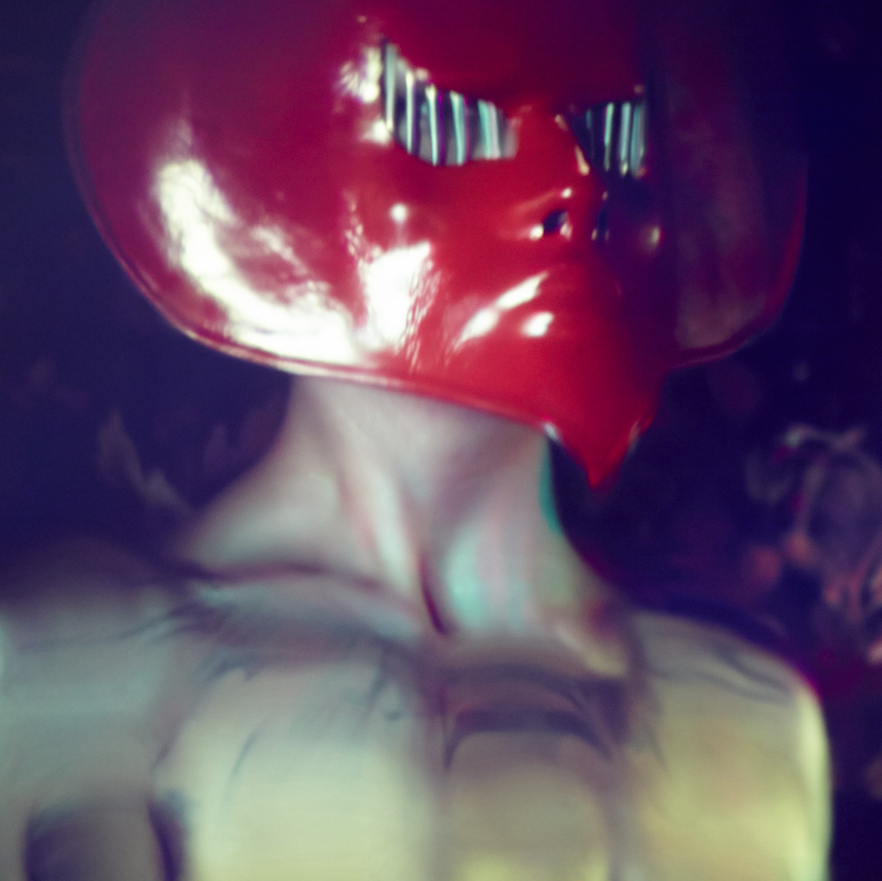
On the trailblazing woman behind Veuve Clicquot…
“Madame Clicquot [was]quite an incredible character. The whole of her childhood and early teens was set against this backdrop of the French Revolution – so her formative years are very interesting. She was widowed when she was just 27 years old, which is something in itself. She’s very innovative in her approach – both personally and professionally. She pioneers techniques in champagne making which are still used now to this day. Forward-thinking. She crosses and transcends all geographical barriers. Europe is very fractured and broken at that time and she manages to transcend all of that. She defied social convention, a young woman at that time taking over the family business was completely unheard of. The fact she completely challenges that, the stereotype of what a female should be and steers this champagne business into success.”
On the rebel rebirth in 2018…
“We took [this] theme of revolution and a radical mind and found a contemporary parallel to that. So we referenced key moments in British sub culture, specifically music, to create a series of parallels of sub genres of music of club culture with threads in her story.
For instance, the idea of the backdrop of the French revolution which is a very formative part of her upbringing. There’s an interesting parallel to be drawn with punk music and the Roxy club; here there’s a subversion of stereotypes and characters that defy social convention. “

On music’s universal language…
“There are really lovely [Veuve Clicquot] stories – like in 1811 there was a comet that passed over the fields of Champagne. And of course festival culture is all about unity, glory and the power of congregation. All those themes have informed a space within the show that we’ve then invited a group of collaborators of contributors to create an installation piece around that theme. In each space we have either an image-maker or a filmmaker collaborating with a musician. So we’ve tried to combine people that have an essence of those influences in their work – there’s one room that’s all about punk and revolution and there’s a second Summer of Love room. There’s one about gender and identity. One that references festivals and so on…”
On the power and pitfalls of social media…
“I have a sort of divided opinion about social media. It’s really interesting going through the archive materials relating to each sub-genre that I’ve touched on. There’s definitely a sense of freedom in those clubs and spaces. Musically, stylistically…it’s a total liberation from what’s outside the four walls of that club and I think in a sense that’s what we wanted to recreate in the space – rebels. That when you cross over the threshold you leave all of that [outside] stuff behind. That’s something that happens less as a result of Instagram because we’re so conscious and so self-aware.
There’s a brilliant Jeremy Deller film, ‘Everybody in the Place’, which contains a lot of footage taken in the 80s at different raves and parties and there’s a feeling of complete abandonment. It was a complete rarity that they were filmed, there’s not a phone in sight. As a result of that, there’s a different kind of energy; they’re not worried about people watching them dance and I think that’s really interesting.
On the flip side of that, when it comes to the sharing of art and sharing of film there’s a certain level of democratization that takes place. That’s one of the positives – some things reach a wider audience and become much more acceptable. If you think of it as a platform for that that can be quite amazing. At the same time, the idea of everything being shared all the time is obviously a negative, so I have a divided point of view.”
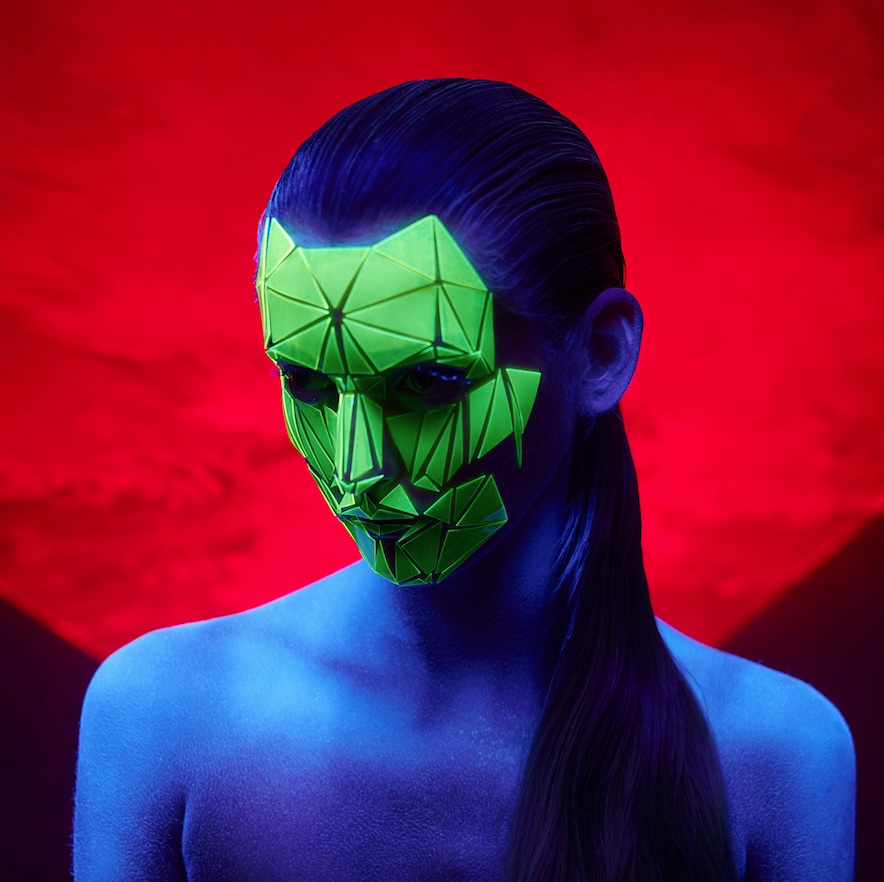
On early 90s musical memories that stand out…
“I’ve been lucky enough to work with some really incredible musicians over the years so it’s quite difficult to isolate any one thing but you know it would make sense to go back to the beginning. One of the places at the very beginning of my career that I was involved The Blue Note club in Hoxton Square which I designed the identity and all the visual material for – that must have been 25 years ago. It was an incredible club. Every night there’d be different hosts – it was a melting pot of all these different people. The club was tiny, and there’d be a queue going right down the corner. The capacity was 400 and you felt like the roof was going to blow off, it was amazing and road-blocked most nights. Because people had heard how great the music was. A lot of the music was vinyl then and you wouldn’t hear it anywhere else. It was the only way you could listen to that music and what had been made that week in the studio. In club terms The Blue Note will always stand out to me as having very special memories. It becomes a milestone, doesn’t it?”
For tickets, visit the Veuve Clicquot website here.
